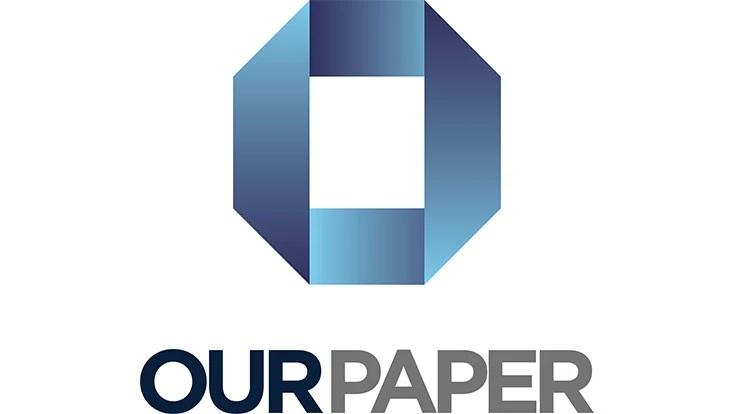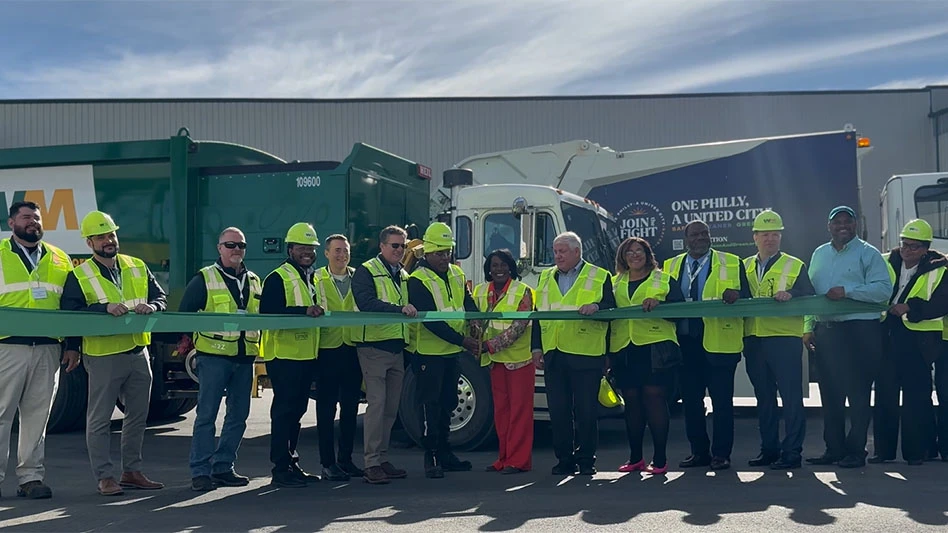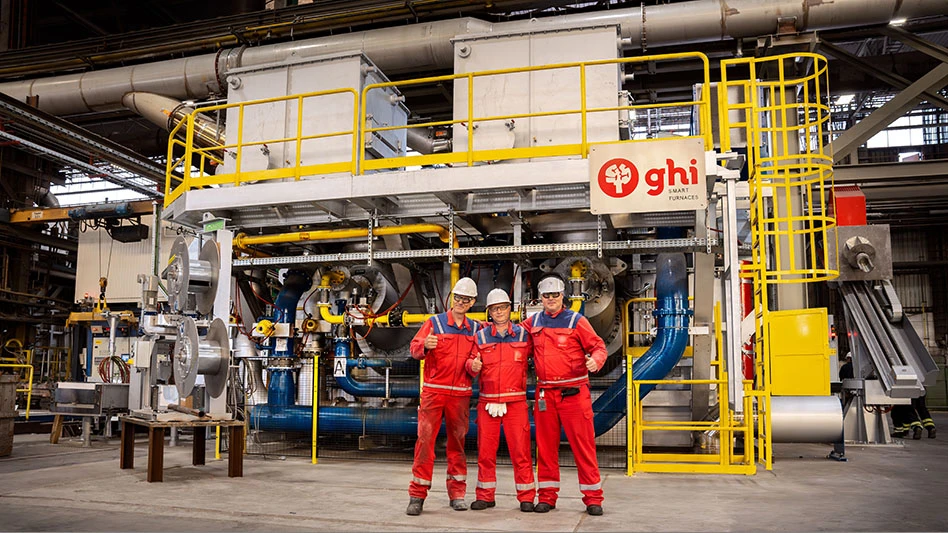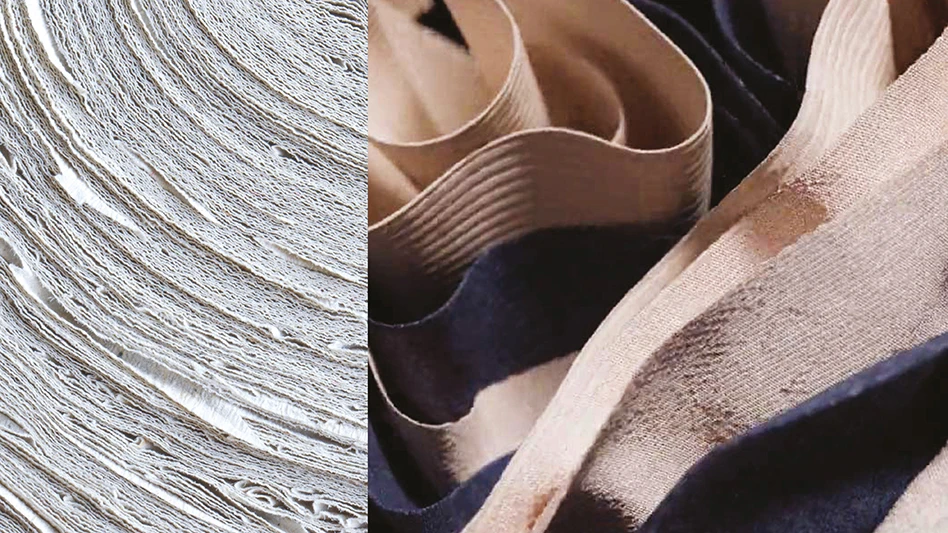
The Confederation of Paper Industries (CPI), Wiltshire, England, launched the Our Paper campaign. The campaign started with a soft launch at the SOLACE Summit for local authority chief executives in the fall of 2018 with a formal launch this January. The campaign will help to support municipalities in improving the quality and quantity of paper and cardboard collected for recycling in England.
“The Our Paper project is a fairly new idea,” says Ray Georgeson, program director of Our Paper. “It’s the brainchild of a number of the paper mills. [With] fairly aggressive push toward mixed recycling collection—commingled collection at the curbside the last 15 years—we are seeing downsides to that. The upside is public convenience, but the downside is manufacturing inconvenience in terms of good sorting, reaching quality requirements for reprocess to make quality product using quality feedstock. The pressure is on to improve the quality. U.K. municipalities are starting to see some of the issues as a result of China’s waste ban.”
In an effort to improve the quality of paper and cardboard that is collected in municipal recycling, the Our Paper campaign will be used to promote the benefits of separate collection of paper and cardboard to municipalities’ decision-makers to ensure a cleaner stream of fiber ends up in material recovery facilities (MRFs).
“We have a better chance of using [recovered fiber] in the U.K. and Europe if it’s separated,” Georgeson says. “So, this campaign is telling municipalities that if they’re not collecting [materials] separately, we would like [them] to consider this when doing service reviews, analyzing the market for recycling.”
He adds that the campaign will serve as an “outreach tool,” briefing municipalities on contamination issues as a result of China’s waste ban and educating them on the benefits that separate collection could have for recovered fiber specifically.
CPI partnered with WRAP, Oxon, England, on the new campaign. The campaign will use evidence generated by WRAP’s consistency project to demonstrate a business case for separating recovered fiber from other recyclables in collection.
“[WRAP] has an existing program, and it didn’t make sense for the two groups to tread on each other’s toes,” Georgeson adds. “So, we’re working smartly with them to make sure we don’t pester the same municipalities at the same time.”
According to an Our Paper news release, the campaign also plans to brief councils on significant changes in recycling markets emerging as a result of the China waste ban and the evolving situation in other markets in Southeast Asia.
Georgeson plans to lead the Our Paper campaign, which is supported by a Steering Group from CPI, its’ members and WRAP, chaired by Sarah Raymond of Palm Recycling, King’s Lynn, England. The program is fully funded by CPI and its members with an anticipated three-year lifespan.
Although Georgeson adds that he can’t share Our Paper’s specific goals for 2019, he says the campaign broadly aims to reach out to about 60 to 70 municipalities in England to educate their senior decision-makers on better ways to collect recovered fiber in their local programs.
“It’s aimed at reaching city decision-makers rather than the general public,” he says. “I’m getting meetings set up and making the case with decision-makers directly. Part of this is the revival of the relationship between the reprocessor, the collector and the end user of the material. This has been less prominent in recent years with the rise of waste operator contracting, which has its merits but hasn’t always helped with market awareness in terms of the municipalities understanding what’s actually going on in the commodity markets. We want to help with that.”
Latest from Recycling Today
- ReElement, Posco partner to develop rare earth, magnet supply chain
- Comau to take part in EU’s Reinforce project
- Sustainable packaging: How do we get there?
- ReMA accepts Lifetime Achievement nominations
- ExxonMobil will add to chemical recycling capacity
- ESAB unveils new cutting torch models
- Celsa UK assets sold to Czech investment fund
- EPA releases ‘National Strategy to Prevent Plastic Pollution’





